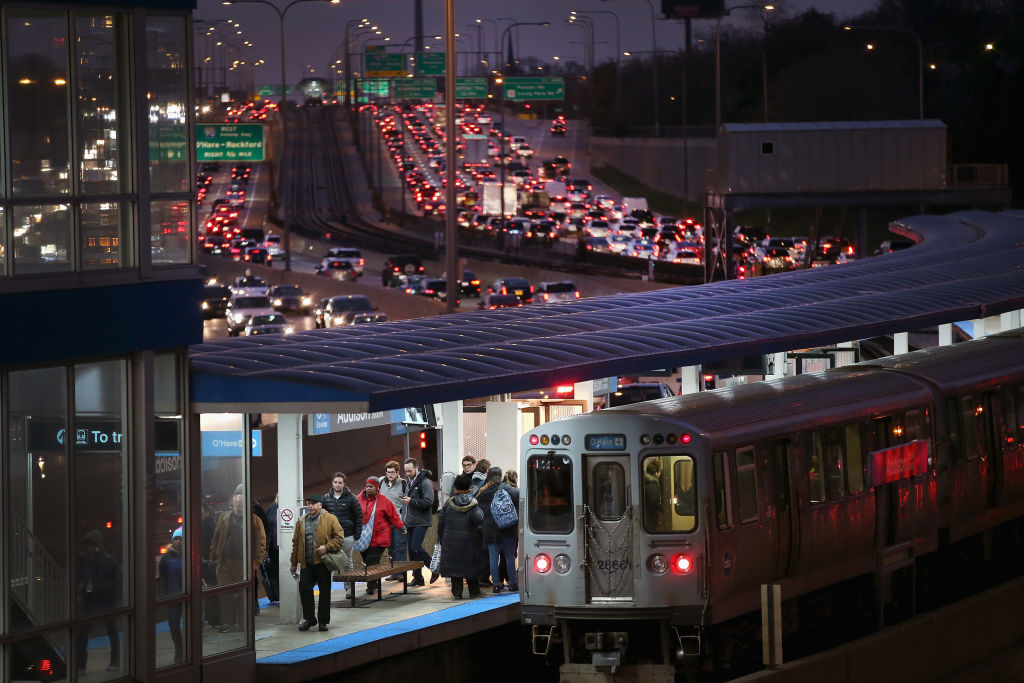Study Finds Rush-Hour Traffic Air Linked to Significant Increase in Blood Pressure, The University of Washington Reveals, By Pierre Herubel
In a recent study conducted the University of Washington, researchers discovered that breathing air in rush-hour traffic can lead to a significant increase in blood pressure. The study, spearheaded UW physician and professor of environmental and occupational health sciences, Joel Kaufman, found that exposure to traffic-related air pollution can cause a rapid spike in blood pressure, lasting for up to 24 hours.
The research brings to light the health risks faced individuals commuting on busy roads, shedding light on the overshadowed aspect of air pollution’s consequences. Kaufman’s team simulated real-world conditions driving healthy participants through rush-hour traffic in Seattle while closely monitoring their blood pressure. The results showed that exposure to unfiltered air from rush-hour traffic led to a noticeable increase in blood pressure, which persisted for up to 24 hours.
The study showcased that exposure to unfiltered air caused a rapid increase in passengers’ blood pressure, exceeding 4.50 mm Hg, when compared to breathing filtered air. This increase was comparable to the impact of a high-sodium diet, and it peaked around an hour into the drive, sustaining for at least 24 hours. The findings published in the Annals of Internal Medicine journal have important implications for the understanding of air pollution’s contribution to heart problems, particularly in relation to roadway air pollution at relatively low levels affecting blood pressure.
The study’s findings highlight the impact of traffic-related air pollution on blood pressure regulation and raise questions about ultrafine particles, a poorly understood pollutant. The study offers an important piece of the puzzle in understanding the complex relationship between air pollution and cardiovascular health.
This discovery adds to the growing body of evidence regarding the health risks associated with air pollution and emphasizes the need for further research and regulation of potentially harmful pollutants. Despite its urgency, the study underscores the importance of understanding the potential long-term consequences of traffic-related air pollution on public health.

